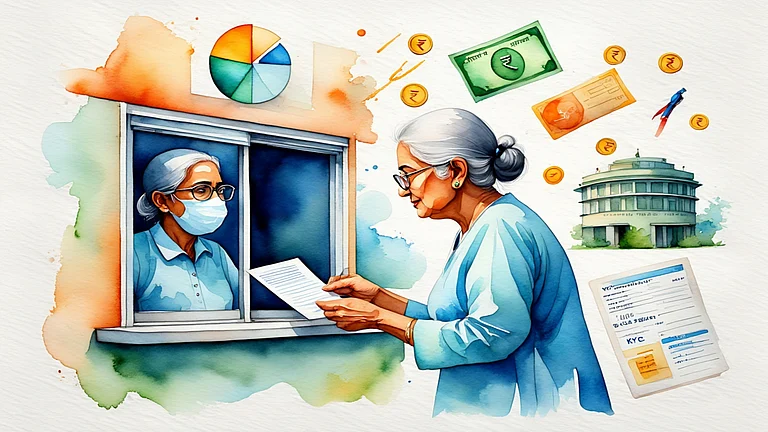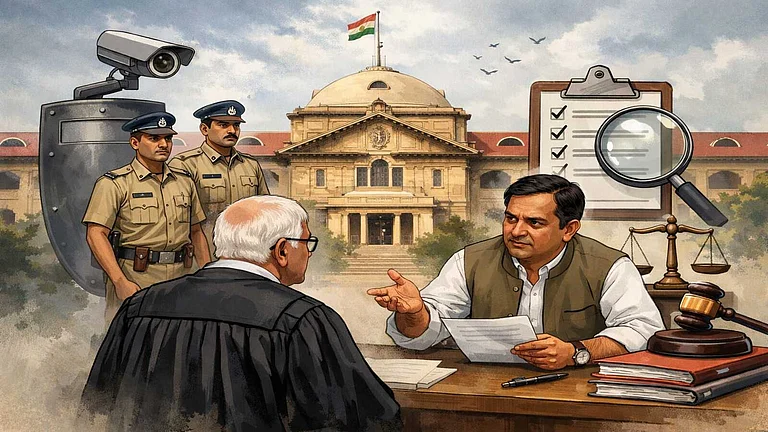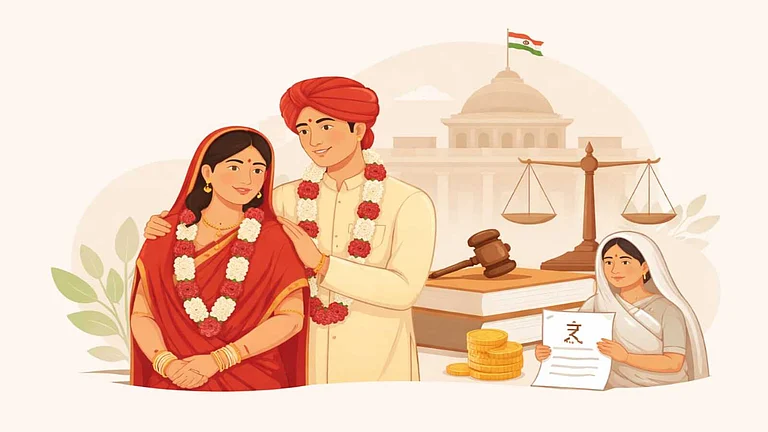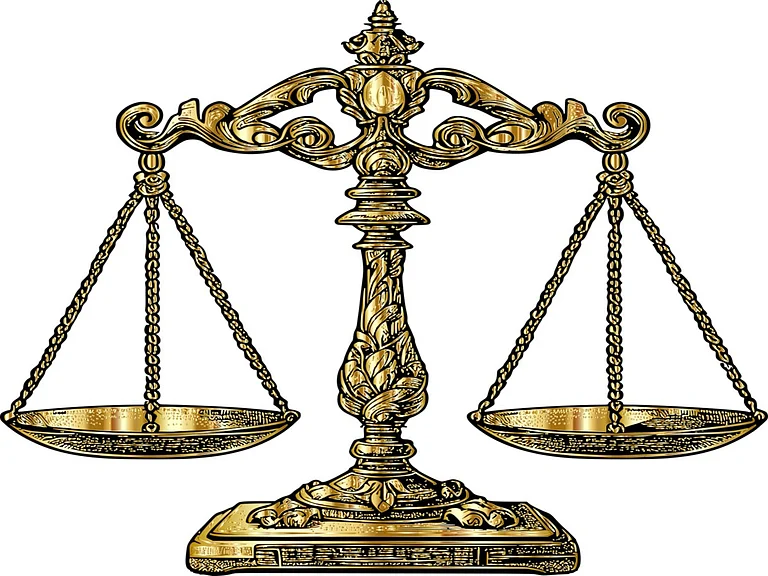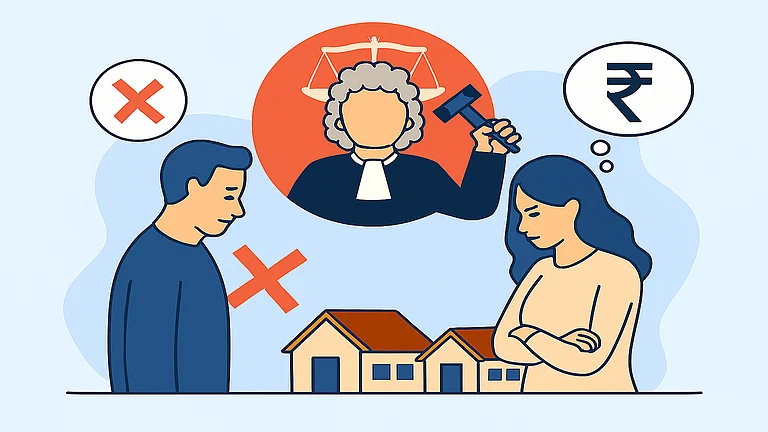A nominee is a trustee of the assets of a deceased person, but a nominee does not supersede the rights of other legal heirs. However, if the legal heir is the estranged wife, would she be entitled to the family pension after the husband's death? In a recent case, the Allahabad High Court directed the authorities to pay the family pension to the petitioner (estranged wife) despite the existence of nominee sons. The court held that the wife is entitled to the family pension despite the fact that she was not living with her husband. Notably, the wife received a monthly maintenance of Rs 8,000 from him.
Case Brief
The petitioner is a 62-year-old woman whose deceased husband was an Assistant Teacher. He retired in 2016 and was receiving a pension until he died in 2019. After his death, the wife (petitioner) sent an application to the department for sanctioning a family pension to her.
In September 2020, the application was rejected with the reason that her husband did not mention her name in the "Details of Family" neither in Part I nor in Part III of the pension application, at the time of requesting his pension.
Arguments
The counsel of the petitioner argued that the petitioner is the wife of the deceased husband and provided evidence, including a bank passbook that mentions her name. The Gram Pradhan of the village also certified the relationship. The counsel argued that the petitioner was also getting a monthly maintenance of Rs 8,000 from her husband, and this made her entitled to receive a family pension.
The counsel of the respondents—Basic Education Department—argued that the rejection order is not illegal because the 'deceased government servant has not mentioned the name of the petitioner' in his pension application form.
The question of whether an estranged wife qualifies as 'family' under pension rules required careful consideration by the court.
The court observed that the family pension of a government servant in Uttar Pradesh is governed by the Civil Service Regulations and the U.P. Retirement Benefit Rules, 1961. The Sub-Rule (3) of Rule 3 defines 'Family'. According to the rules, family means wife, husband, sons (including step or adopted children), unmarried and widowed daughters (including step or adopted children), brothers below 18 years, and unmarried and widowed sisters, father, mother, married daughters, and children of a pre-deceased son.
The Sub-Rule (4) of Rule 7 defines who is entitled to receive the pension if a deceased employee had two wives.
Court Observation And Judgement
The court observed that "the petitioner is the legally wedded wife of the deceased government servant."
It observed that the rules provide that "In case a government servant leaves behind any of the family members, there should be a nomination in favour of them and the pension would accordingly be payable, provided the nominee is not ineligible on the date, on which the pension became payable to her."
The court held, "In the present case, the nomination was in favour of the elder son who was nearly 32 years of age at the time of the death of his father; therefore, it was the petitioner who was the legally wedded wife, and was entitled to the family pension. The age and the fact that the son might have been earning at that stage make him ineligible for the family pension."
The court held, "This Court feels that the family pension is statutory and beyond the employee's unilateral control. Family pension is recognized as a legal entitlement, not charity", and allowed the writ petition and directed the education department to sanction family pension to the wife.



